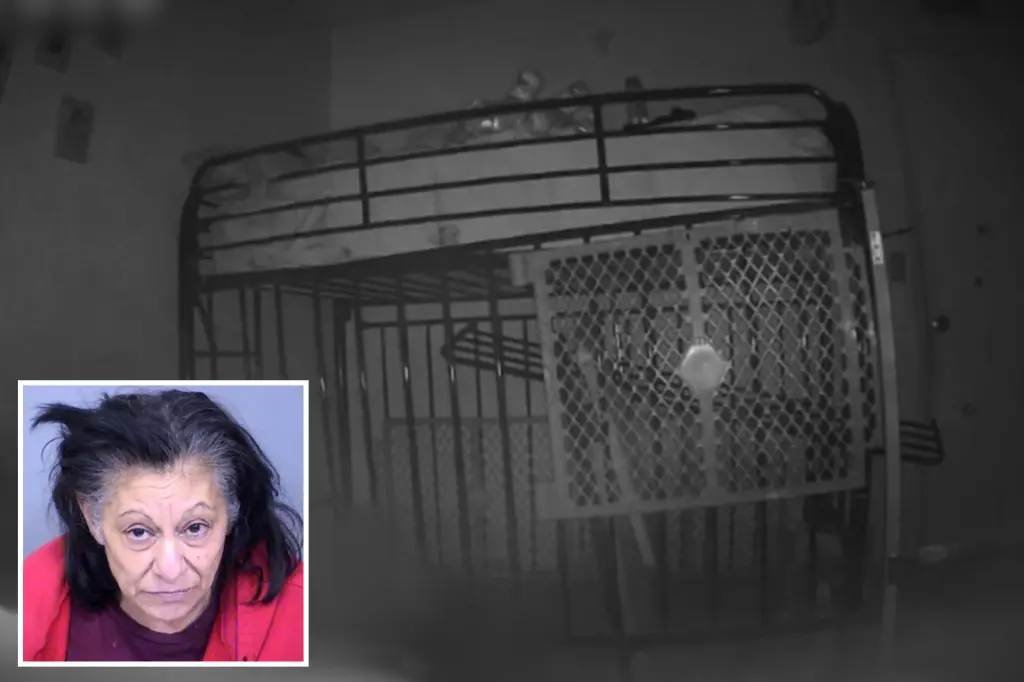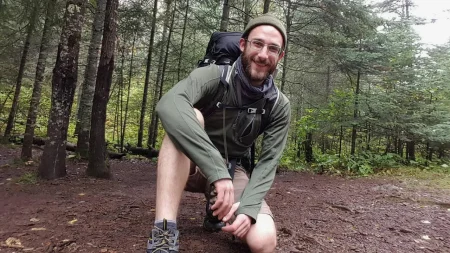The Tragic Case of Melony Granados: A Life Lost to Abuse
In a heart-wrenching case that has shocked the Arizona community, 13-year-old Melony Granados died in January after suffering unimaginable abuse at the hands of her grandmother. Melony, who had the cognitive capacity of a 3-year-old due to her mental impairment, was found unresponsive in her Tempe home on January 22 and passed away the following day at the hospital. Last month, investigators ruled her death a homicide after examining both her body and the horrific conditions in which she was forced to live. This tragedy raises profound questions about the systems designed to protect our most vulnerable children and the responsibilities of those entrusted with their care.
The details of Melony’s living conditions are difficult to comprehend. Her grandmother, Virginia Lujan, 55, had confined the girl to what police described as a “makeshift cage” – essentially a modified bunk bed with the lower mattress removed and surrounded by baby gates and improvised bars. This enclosure, according to police reports, was filled with feces and emitted a foul odor. Beyond this horrifying containment structure, authorities described the entire house as “filthy” with “deplorable” living conditions. When first responders arrived at the scene in January, they found Melony covered in wounds and bruises in various stages of healing, indicating that the abuse had been ongoing and systematic rather than the result of a single incident.
When questioned by authorities, Lujan initially claimed that Melony had fallen down stairs and that she hadn’t immediately sought medical help because she believed the injuries weren’t serious. She said she only called for assistance after the girl lost consciousness. However, medical examination revealed a different story – one of prolonged abuse rather than a single accident. The varying stages of healing in Melony’s wounds suggested they had been inflicted over an extended period. The grandmother had allegedly been using physical violence as a means of controlling the mentally impaired child, creating a horrifying pattern of abuse that ultimately led to the girl’s death.
Perhaps equally disturbing is the alleged role of Melony’s mother, Jami Hodges, 33, in this tragedy. While Hodges didn’t live with her daughter, authorities believe she was aware of the abuse taking place. According to official statements, “Both Lujan and Hodges admitted that the girl was kept in this ‘cage’ to keep control of her.” When interviewed by police, Hodges reportedly contradicted her mother’s account about a fall down the stairs, claiming she hadn’t heard anything about such an incident. This inconsistency, along with other evidence, led to both women being indicted on serious charges – two counts of child abuse each, plus counts of tampering with physical evidence and tampering with a witness.
The legal aftermath of this case has taken several turns. Virginia Lujan died in jail last month before she could face formal charges for Melony’s death. Authorities have stated her death was from natural causes, though specific details haven’t been disclosed. Meanwhile, Hodges has been released pending charges. The ripple effects of this tragedy extend beyond Melony – Hodges has four other children, all of whom have been placed in the care of the Arizona Department of Child Safety. This case highlights critical failures in the social safety net and raises urgent questions about how a child with special needs could suffer such prolonged abuse without intervention from schools, neighbors, or social services.
The death of Melony Granados represents not just the loss of a vulnerable child but a failure of our collective responsibility to protect those who cannot protect themselves. Children with disabilities are particularly vulnerable to abuse and neglect, often lacking the ability to communicate their suffering or seek help. This case serves as a heartbreaking reminder of the importance of community vigilance, robust child protection systems, and proper support for families caring for children with special needs. As the legal process continues for Jami Hodges, and as Melony’s siblings navigate life in state care, the community is left to grapple with how such cruelty could have happened and what changes might prevent similar tragedies in the future. Melony’s short life, marked by such unnecessary suffering, demands that we do better for all children in similar circumstances.







